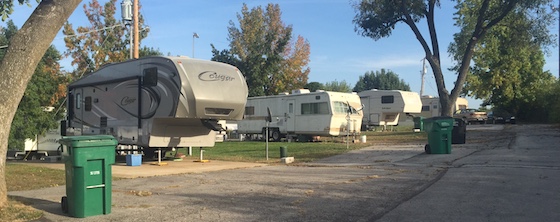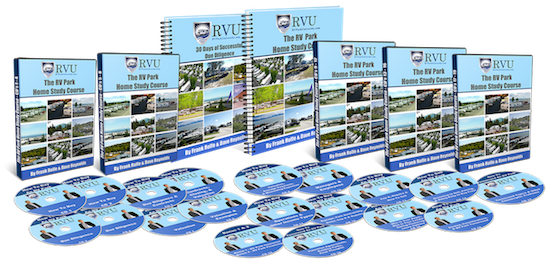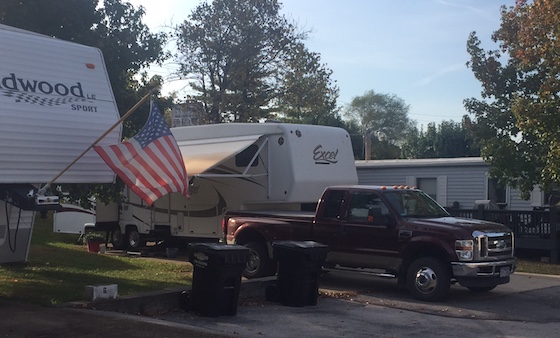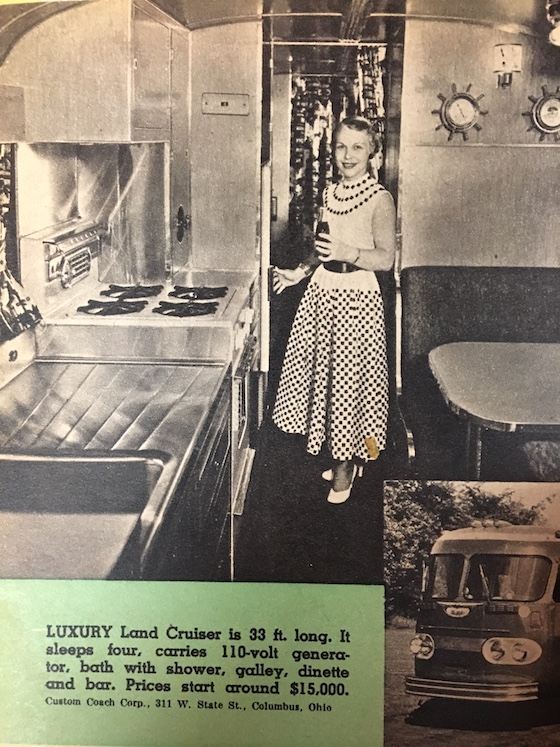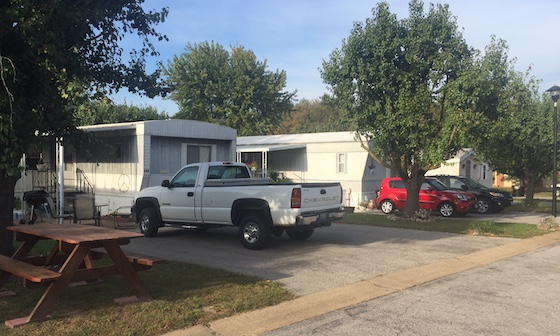It is very rare to find an RV park that is 100% RV units. In many parks there is a street or section of the property that has mobile homes on it. So you can’t really be in the RV park business without understanding mobile homes and their certain attributes. So what do you need to know about mobile homes in RV parks?
A close relative
Back prior to the 1950’s, mobile homes and RVs were the same thing. They have the same family tree. They can both fit on the same lot, use the same water and sewer connections, and sit in the air on a frame. As a result, putting mobile homes on RV lots is not difficult – there’s no problem there.
A different business model
While not physically that different, the business model difference between RVs and mobile homes is gigantic. While RVs are a nightly commitment, mobile homes are forever. The difference is the cost to move: $0 for the RV and roughly $5,000 for the mobile home. So mobile homes are a more stable form of revenue than the typical RV.
And a very different customer base
One of the primary differences between RVs and mobile homes is in the demographics of the customer base. RV owners tend to be successful and financially prosperous. They look at their RV as a form of entertainment, not a full-time housing option. Mobile home residents, however, are typically in the bottom third of income earners, and do not have very strong financial stats.
Stay on top of property condition and pride-of-ownership
Because of this difference in demographics, it’s important to stay on top of property condition for any mobile home residents. Since most RV owners are seeking a high-end property to stay in, you cannot let any mobile home tenants bring down the image of your RV park. Stay very tight on what you demand from all residents, including proper skirting, painting of their homes, neutral window coverings, yards mowed, free of debris, and a strong sense of pride in ownership.
But don’t be afraid to expand this concept – it’s a larger space for retirement for many people
All that being said, don’t be afraid to increase your occupancy of mobile homes if your RV park is getting demand in that regard. Remember that mobile homes can offer a safe baseline of monthly revenue to cover such necessities as the mortgage, and it’s a basic fact of life that mobile homes offer much more interior space than RVs do, which attracts some retirees to trade in their RV for a mobile home. As long as you remain proactive on rules violations, you can have a hybrid of mobile homes and RVs that work well together.
But know the laws
In some RV parks, you do not have the freedom to accept any customers who are not in RVs. Some cities restrict RV parks to only RVs and park models, and even restrict how long a customer can stay there. Others only allow a certain percentage of lots to be occupied by mobile homes. So before you even think about moving in mobile homes, you better check with the city and get their permission.
Conclusion
Mobile homes and RVs can happily co-exist, if you understand the mechanics and have the blessing of the city. In some markets, mobile homes offer the RV park owner a stable base to cover the bills every month of the year.

